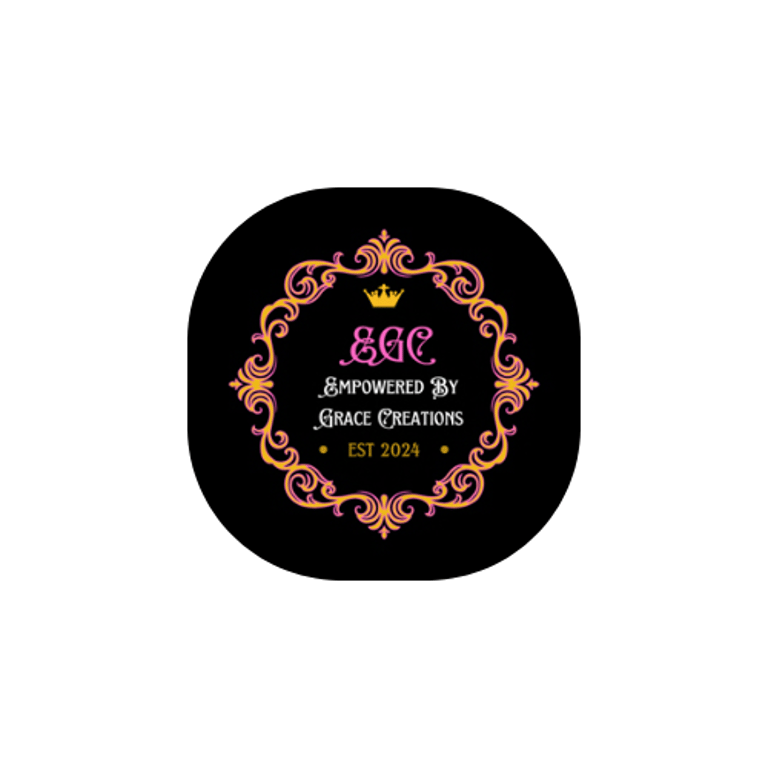5 Simple Techniques to Reduce Anxiety in Your Daily Life
Discover 5 simple techniques to reduce anxiety in your daily life. Learn practical, effective strategies to stay calm, focused, and stress-free every day.
10/31/20242 min read


Understanding Anxiety
Anxiety is a common experience for many individuals, manifesting in various forms and intensities. It can be a reaction to stress, deeply affecting the daily routine and overall quality of life. However, understanding and managing anxiety is crucial to maintaining mental health. In this blog post, we will explore five simple techniques that can effectively help reduce anxiety in your daily life.
Technique 1: Practicing Mindfulness
Mindfulness involves staying present in the moment and observing your thoughts without judgment. By incorporating mindfulness into your daily routine, you can significantly reduce anxiety. This can be achieved through activities such as meditation, deep breathing exercises, or even taking mindful walks in nature. These practices not only enhance emotional regulation but also promote a sense of calm, giving you control over anxious thoughts.
Technique 2: Establishing a Routine
Many people find that establishing a daily routine helps reduce anxiety. A structured schedule can bring predictability and stability, alleviating some of the uncertainties that fuel anxious feelings. Start by planning your day with specific time slots for work, self-care, and leisure. Maintaining a balanced routine fosters a sense of accomplishment and reduces the overwhelming feelings associated with chaos and unpredictability.
Technique 3: Engaging in Physical Activity
Regular physical activity is an effective way to combat anxiety. Exercise releases endorphins, which are natural mood lifters. Whether it’s a brisk walk, a yoga session, or a high-intensity workout, staying active can help release built-up tension and anxiety. Aim for at least 30 minutes of exercise a day to reap these benefits while simultaneously improving your overall health.
Technique 4: Connecting with Others
Building and maintaining supportive relationships can also help reduce anxiety. Sharing your feelings with trusted friends or family members, or even joining support groups, can provide a sense of belonging and understanding. Human connections are vital during anxious times; they can offer new perspectives, comfort, and reassurance that you are not alone in your struggle.
Technique 5: Limiting Caffeine and Alcohol
High consumption of caffeine and alcohol can exacerbate anxiety symptoms. For many, caffeine can lead to increased heart rate and jitteriness, which can trigger feelings of anxiety. Reducing the intake of these substances can positively affect your mental well-being. Instead, opt for herbal teas or water to stay hydrated and relaxed, which can contribute to a calmer state of mind.
Conclusion
In conclusion, implementing these five simple techniques into your daily life can lead to significant reductions in anxiety levels. By practicing mindfulness, establishing a routine, engaging in physical activity, connecting with others, and limiting caffeine and alcohol, you can create a more serene environment for yourself. Remember, managing anxiety is a journey – these techniques can serve as stepping stones toward achieving a healthier, more balanced life.
